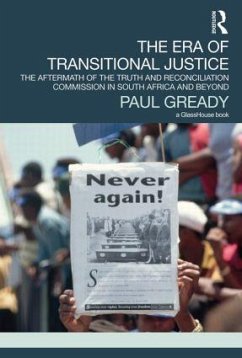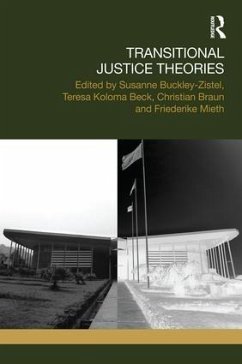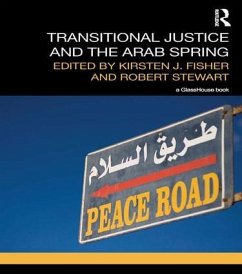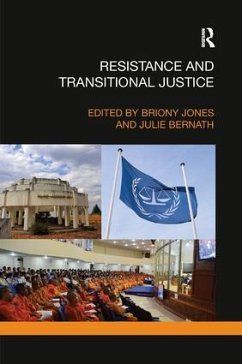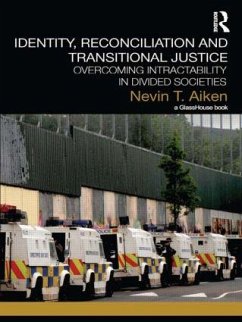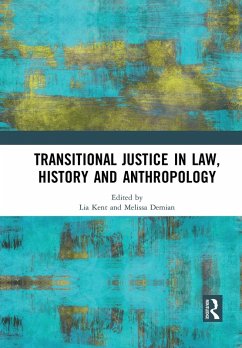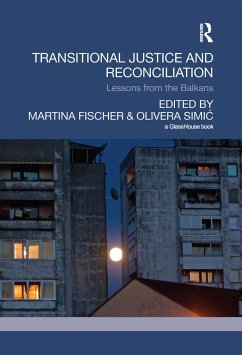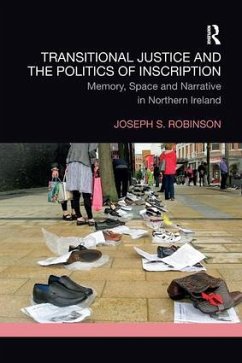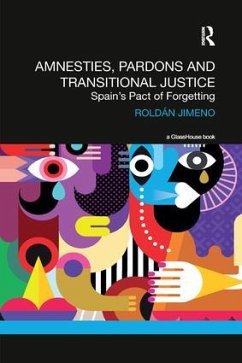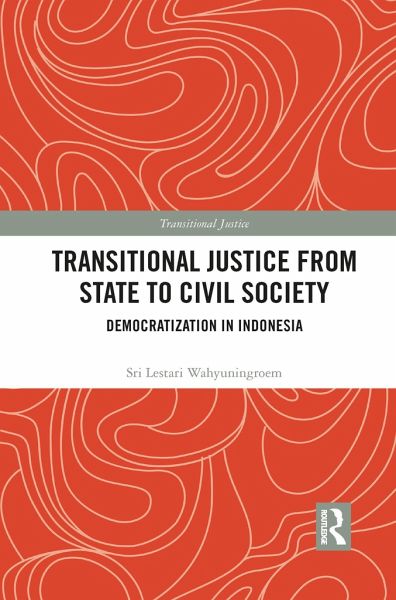
Transitional Justice from State to Civil Society
Democratization in Indonesia
Versandkostenfrei!
Versandfertig in 1-2 Wochen
55,99 €
inkl. MwSt.
Weitere Ausgaben:

PAYBACK Punkte
28 °P sammeln!
This book is the first to offer an in-depth analysis of transitional justice as an unfinished agenda in Indonesia's democracy. Examining the implementation of transitional justice measures in post-authoritarian Indonesia, this book analyses the factors within the democratic transition that either facilitated or hindered the adoption and implementation of transitional justice measures. Furthermore, it contributes key insights from an extensive examination of 'bottom-up' approaches to transitional justice in Indonesia: through a range of case studies, civil society-led initiatives to truth-seeki...
This book is the first to offer an in-depth analysis of transitional justice as an unfinished agenda in Indonesia's democracy. Examining the implementation of transitional justice measures in post-authoritarian Indonesia, this book analyses the factors within the democratic transition that either facilitated or hindered the adoption and implementation of transitional justice measures. Furthermore, it contributes key insights from an extensive examination of 'bottom-up' approaches to transitional justice in Indonesia: through a range of case studies, civil society-led initiatives to truth-seeking and local reconciliation efforts. Based on extensive archival, legal and media research, as well as interviews with key actors in Indonesia's democracy and human rights' institutions, the book provides a significant contribution to current understandings of Indonesia's democracy. Its analysis of the failure of state-centred transitional justice measures, and the role of civil society, also makes an important addition to comparative transitional justice studies. It will be of considerable interest to scholars and activists in the fields of Transitional Justice and Politics, as well as in Asian Studies.





